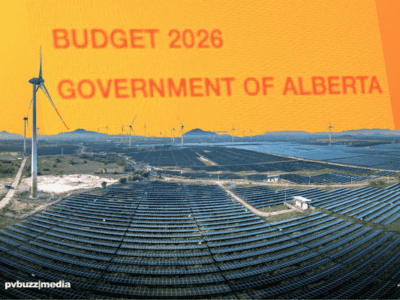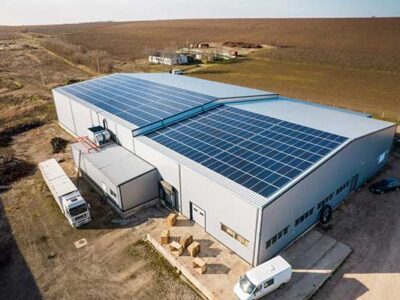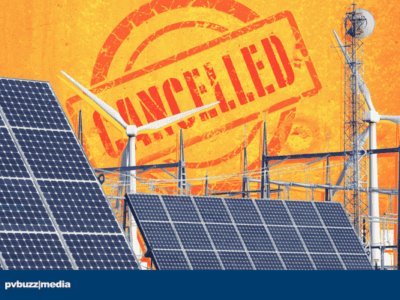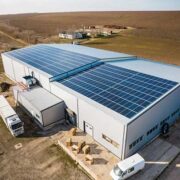Trung Nguyen, a resident of Montreal’s Saint-Laurent borough, has designed an innovative solution to curtail hydro consumption resulting from the use of air conditioners, fans, and heat pumps.
During peak summer days, Nguyen’s ground-breaking hybrid solar system generates significant energy savings, ensuring his home remains pleasantly cool.
Unlike conventional appliances that depend on hydroelectric power, Nguyen’s system heralds a significant change.
In his words, “The solar panel cable extends up and around, leading to the solar panels on the roof. The electrical cable enters the house and connects to your typical electrical distribution panel.”
A Unique, Battery-Free Approach
In layman’s terms, Nguyen’s system doesn’t incorporate a battery. Instead, the energy produced directly powers the air conditioner.
He detailed, “If there’s energy from the solar panel, the system switches to it. When the panel doesn’t generate energy, it reverts to hydro Quebec automatically.”
During an average summer day, the solar panels can even produce more power than required. Nguyen, an electrical engineer by profession, meticulously tracks his system’s performance.
He was driven to demonstrate the practical use of solar power in Quebec, specifically for residential application.
Local Success Inspires Larger Implementation
Motivated by Nguyen’s achievement, the Saint-Laurent borough hall has adopted an upscaled version of his solar panel system.
Borough Mayor Alan DeSousa underscored the environmental advantages, stating, “This building was heated by heating oil, which emits a significant amount of greenhouse gases. We decided to transition to electricity and other renewable energy forms to diminish our carbon emissions.”
While the solar panels presently function as an additional power source, the mayor noted that the borough is already noticing economic benefits.
DeSousa projected a payback period of roughly five to six years for the initial outlay.
Tangible Benefits and Future Plans
Nguyen disclosed that his system had a total cost of $8,000. Impressively, he managed to save $800 on his hydro bill within the first nine months of operation.
He is enthusiastic about introducing his invention to a wider audience and hopes the provincial government will take note.
Nguyen expressed concerns over the government’s intention to invest billions in dam construction for augmented electrical production, highlighting the substantial financial implications.
“In Quebec, they’re planning to increase electrical production,” he said. “Now, as an electrical engineer, I know constructing a dam costs, say, $10 billion? That’s a significant sum.”
Nguyen’s hybrid solar system demonstrates the potential of renewable energy on a residential scale, presenting a cost-effective, eco-friendly alternative.
As his innovative solution gains recognition, it becomes a source of inspiration for those aiming to reduce their energy consumption and lessen their carbon footprint.













Comments